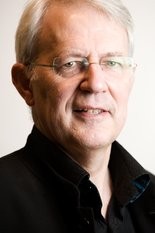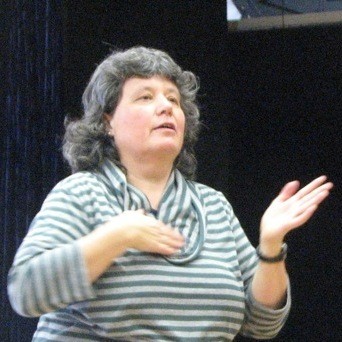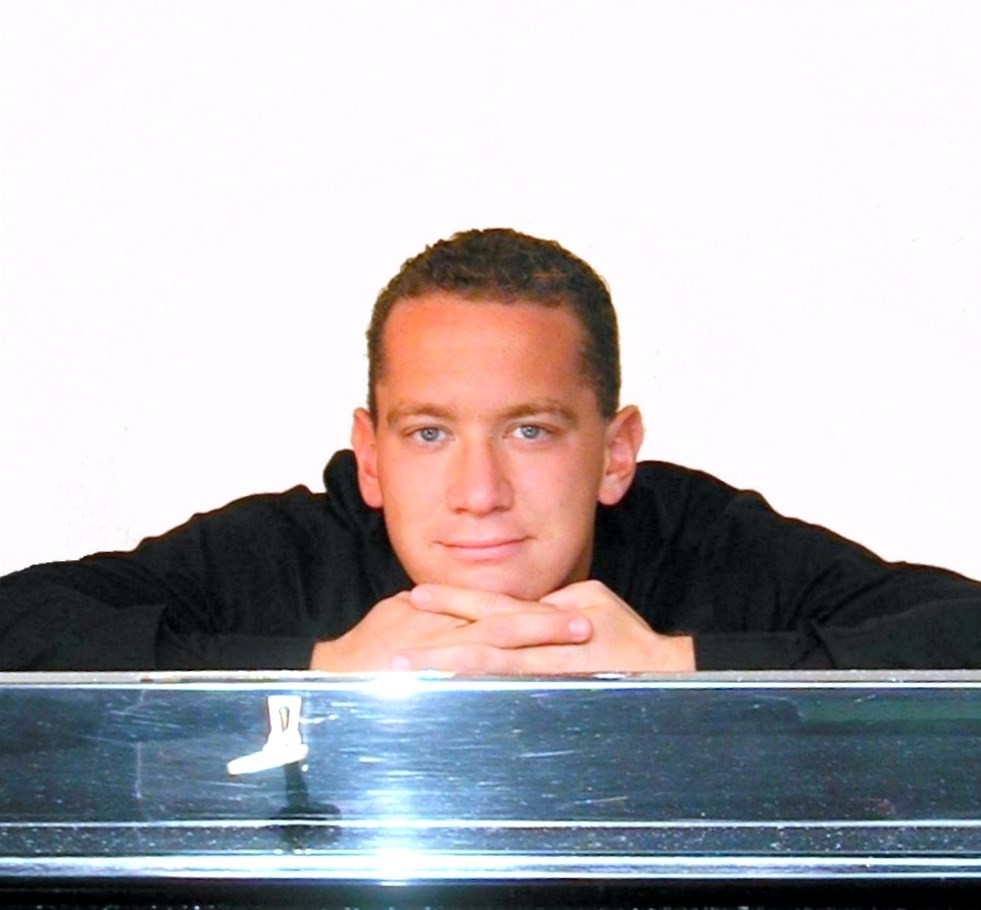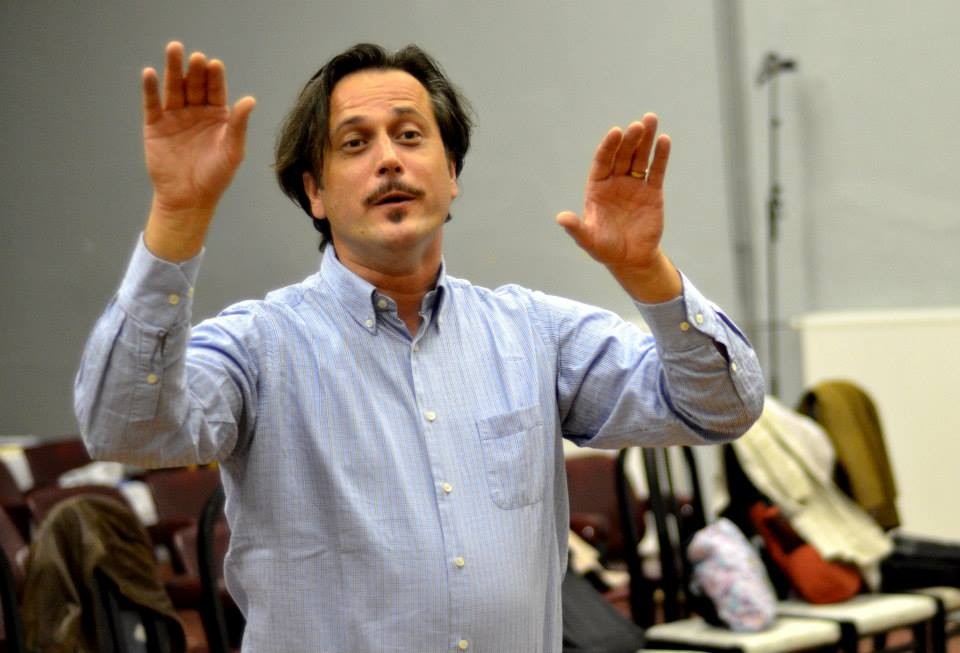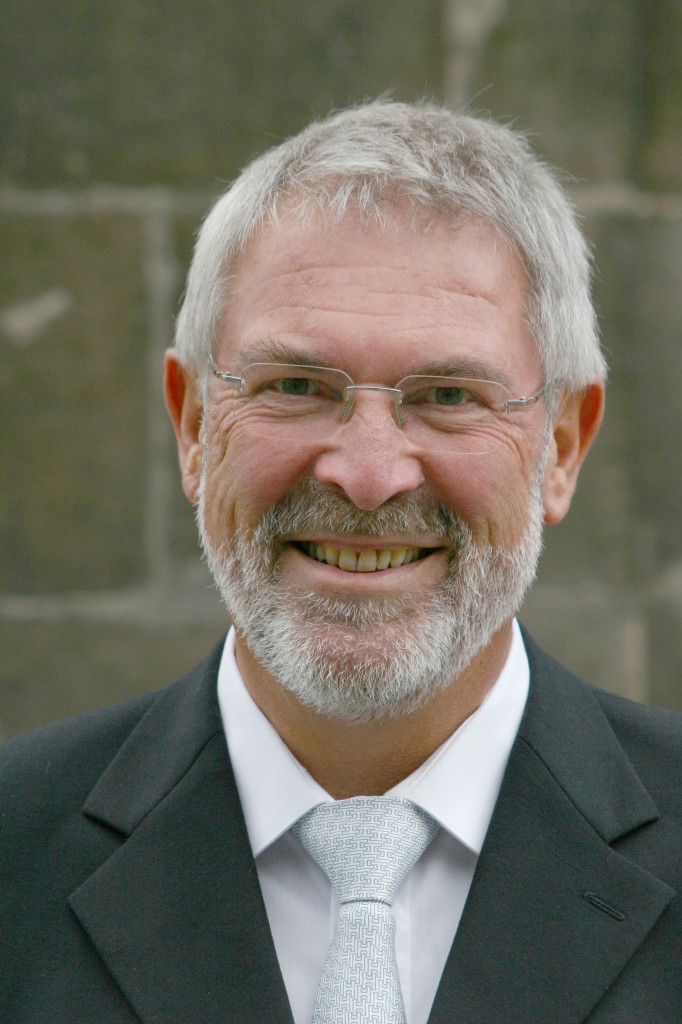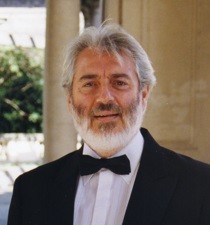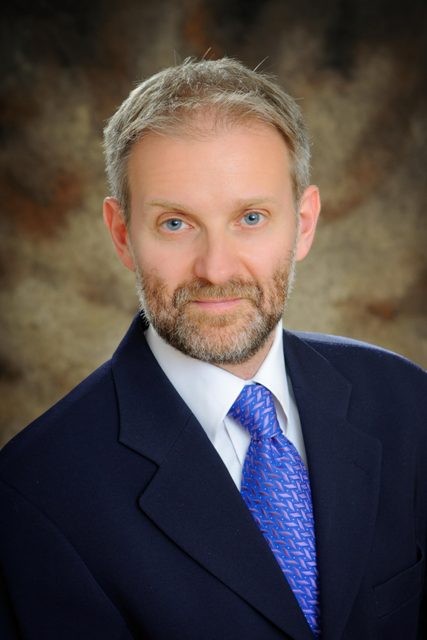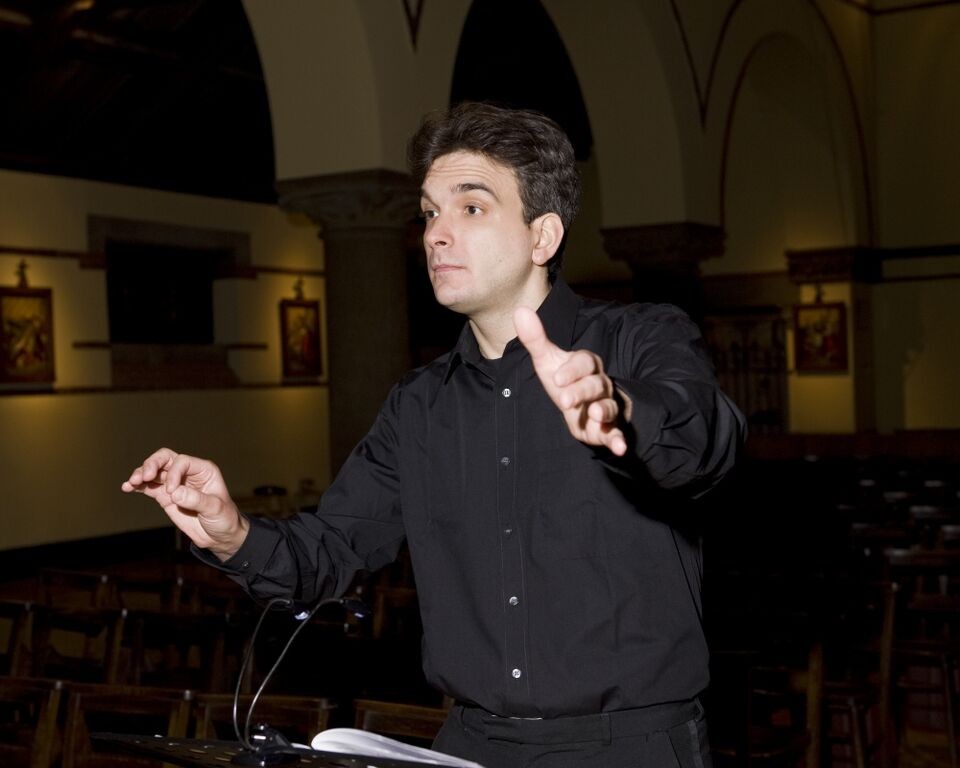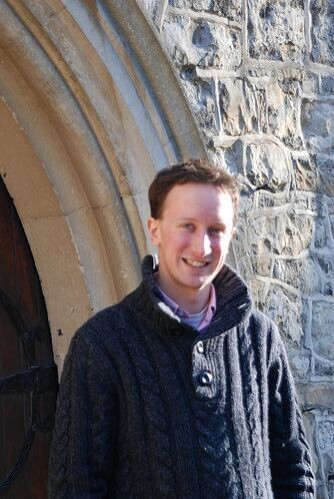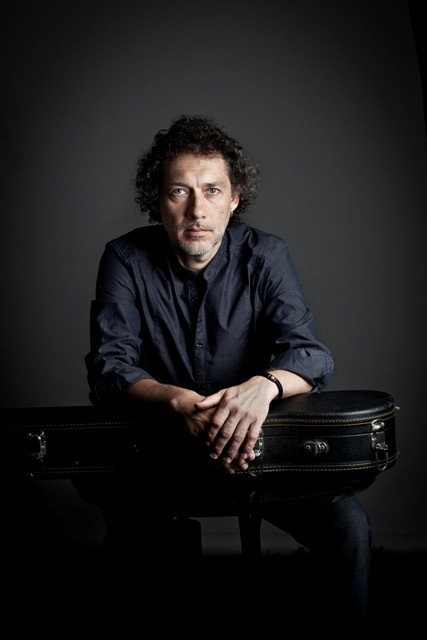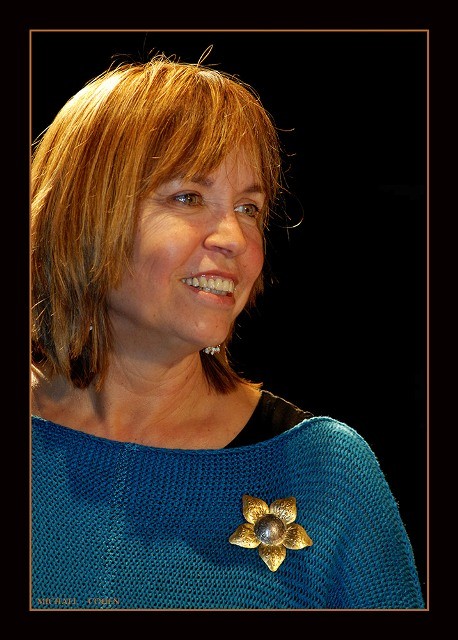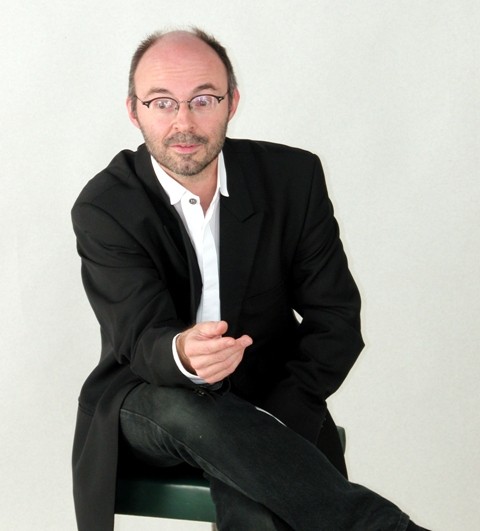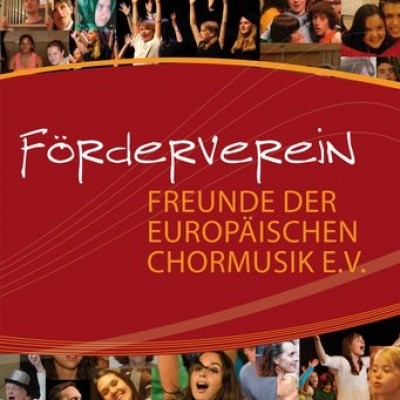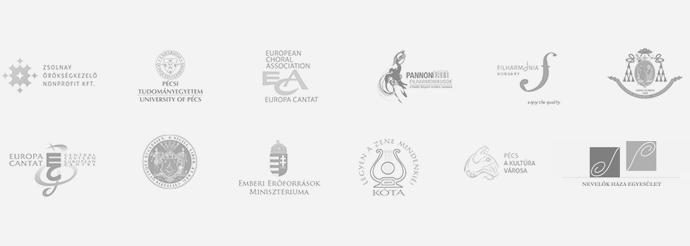| 09:30 - 10:15 | 10:15 - 10:30 | 10:30 - 11:30 | 11:30 - 12:00 | 12:00 - 13:00 |
|
Introductory Plenary Session |
Break | 1st block of sessions | Coffee break | 2nd block of sessions |
|---|---|---|---|---|
Participants will be welcome to practise together with others in the group conducting sessions. There will also be opportunities for practical conducting alone in front of the group and all participants will be encouraged to form a choir for this purpose and for demonstration purposes.
More informations about the programme here!
From 9:30-13:00!!!
Experience a range of improvisation models/games to train your choir in intonation, rhythmical stability, complex hearing, enlarging sound skills and awareness. Focused progress of your choir can be as fun and creative as animation-methods (they may even resemble “circle songs“)!
For a choral composer there are usually two situations: A choir or conductor commissions a work or the composer creates a work freely. In each case, what would be the compositional process, how do I deal with a text, its setting, interaction with a commissioning party, etc. in order to create a better work and a superior musical experience for both the singers and ultimately the audience? What are some of the considerations and what are the similarities and differences in each situation?
The main topic of this workshop is to put the focus (as a conductor when starting to work on a new piece) directly on the sound of the choir – let the singers sing without reading the music. This way the ears concentrate more on the sound of their own voice.
The aim of this lecture is to provide to the interested composers and conductors, some tips that may help the understanding of Latin American Music in both, composing and interpreting. It will include the different cultures that were blended in the New World since Christophorous Columbus arrived to these lands in 1492. The origin of the word America will be also included in this work in order to clarify the mistaken idea that America is just a country and not a whole Continent and its music is far complex and richer than just the joyful Salsa.
This lecture will show different versions of the Serbian Church chant, from the Middle Ages to the present. Serbian chanting in the Middle Ages was a part of the Byzantium tradition. In the 17th and 18th centuries Serbs migrated North to the Austro-Hungarian Empire, where - under new conditions - the old chanting evolved. While the old chant is preserved in a few 15th-century manuscripts, the new chant represents the core of the live chanting practice of the Serbian Church. Examples of the old and new chanting will be demonstrated during the lecture and the audience will have an opportunity to participate.
Novello and Company, an imprint of Music Sales, is home to many famous choral editions, including anthologies, octavos, choral pops and easy choral arrangements. Elgar was the first internationally acknowledged composer signed to Novello, followed by Bliss, Dyson, Holst, Howells and Moeran. From the 1970s, the list increased, with important signings like R.R. Bennett, Bush, Frankel, Horovitz, Joubert, Leighton, McCabe and Musgrave. Novello bought Elkin & Co in 1961 bringing Scott and Quilter works to the catalogue, and the purchase of Paterson's Publications in 1989 contributed many works by Malcolm Arnold.
This session will introduce choral works from a latest generation of composers including our latest signing, Owain Park, and selections from anthologies of church music, French part-songs, as well as well-known composers, Eric Whitacre, Paul Mealor and Tarik O'Regan.
Music in church, missions and the streets of Latin America in colonial time. Characteristics of this repertoire (17th-18th century) through scores, recordings and images of churches, missions, etc. The reality of the film "The Mission” about the Jesuit missions in Paraguay. The meeting of Catholic priests and Indians and the music resulting from it.
Our meeting will discuss the essence of my vision and my belief as a conductor for 28 years: striving for excellence and unique choral work, alongside with deep deed for the community. We will discuss the great contribution of this kind of work for both sides: choir members receive a broad spectrum of emotional depths that reflects in their singing, and the special groups (children at risk, special needs, etc.) get a chance to feel as an integral part of society.
Speakers: Laine Randjärv (EE)
Irina Roganova (RU)
This is a general problem for many choirs: how to decide on the repertoire, what order to put them in, etc. to make a nice and round concert for everyone.
Speakers: Maria van NIEUKERKEN (NL)
Ambrož Čopi (SI)
Boys choirs - just a "Dino" or a genre with a future? Boys choirs have got a very long tradition - does it in our days still make sense to have this genre? If so - what can we do to make boys sing? To make them stay? To let them have fun and to learn something enriching their life? In this roundtable discussion we will try to exchange different experiences from different cultures and to find answers amongst others to the above mentioned questions.
Moderator: Hans-Joachim LUSTIG
Speakers: Joy Hill (GB)
The international renowned conductor Volker Hempfling will present a new choral anthology with 70 arrangements of Christmas carols from all over the world, arranged by composers from 23 countries. This new publication is part of the award-winning LIEDERPROJEKT by Carus-Verlag and contains many songs of all levels of difficulty for mixed choirs. Two new CDs by the Calmus Ensemble and the Athesinus Consort Berlin will complete the installment with modern, clever arrangements.



